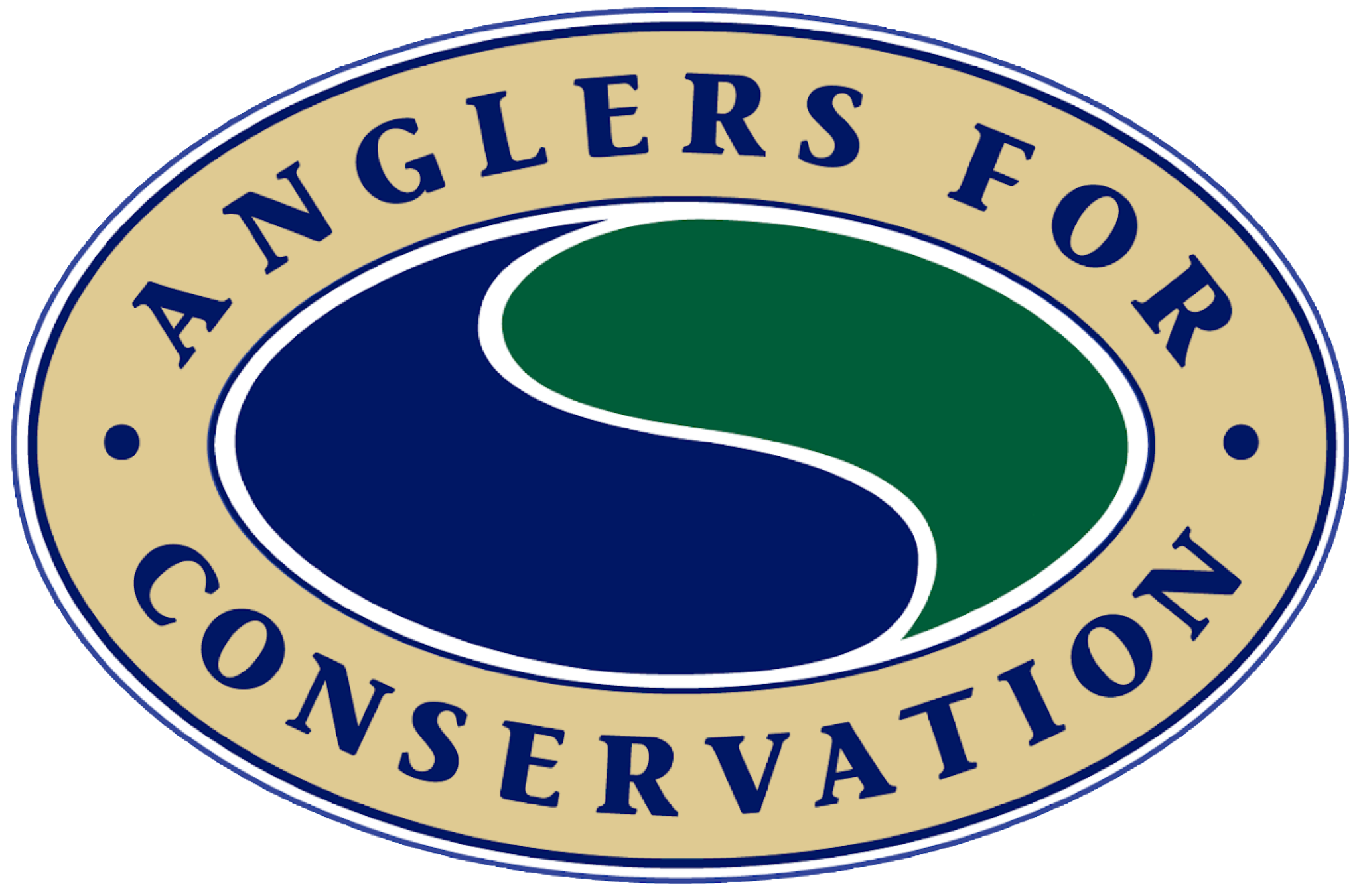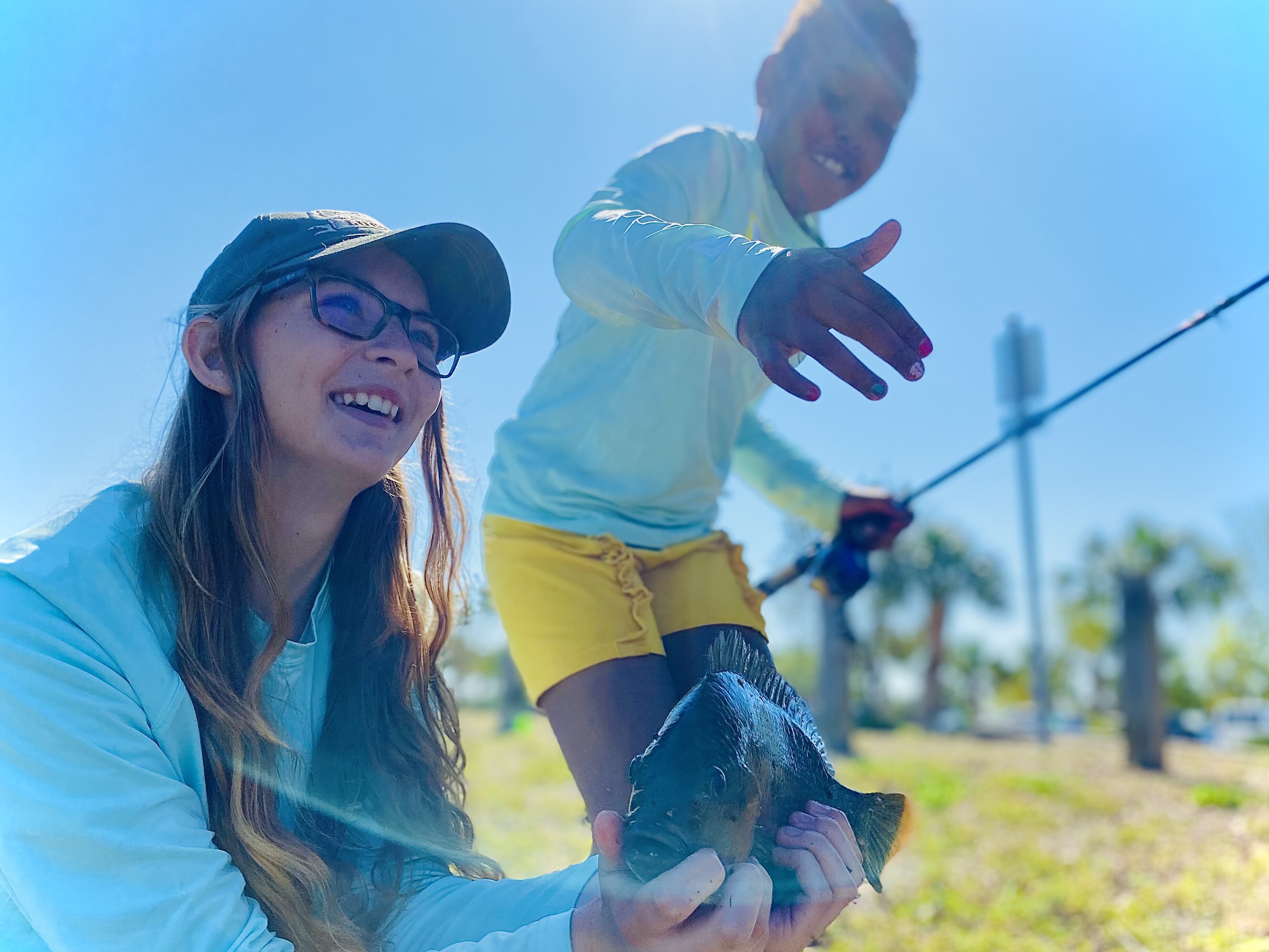 By Dee Kaminski
By Dee Kaminski
It started out as a glorious day. Tammy Wilson and I launched in Haulover Canal near Titusville for some kayak fishing. After fishing a few locations, we let the current take us down the canal, which led to a gruesome sight. A beautiful sea gull was hanging from its wing tied to a tree limb by monofilament fishing line, dead. It was evident this poor victim flew into the line, became entangled and died from slow starvation or from breaking its wing while struggling for freedom.
I was heartbroken. My day turned dark. While waiting for Tammy to catch up to point out the mangled bird, I took some photos. “We need to write about this. It’s happening all too often and we need to educate the public.” Tammy said. After deciding not to risk our safety to cut down the bird and line off the tree, we moved off to fish another locale in a dampened mood.
If you perform a Google search for “fishing line kills”, you can read pages of stories and reports on these cruel deaths from monofilament line, not only to birds but to other wildlife whether through man’s carelessness or ignorance. It presents serious environmental problems. Braided lines with their high strength and fine diameter pose an even greater threat than monofilament. Discarded lines are difficult to see submerged in water or strung up in tree branches or mangrove bushes. Becoming entangled in this line can cause amputation, starvation and a slow death.
So how can we help the environment?
All of us who fish will lose line at one time or another whether it is caught in a tree, broken off by a prize fish or even cut off by rocks or barnacles. It is impossible in some instances to remove the line but all efforts should be made as long as one’s own safety is not in jeopardy.

We can help keep our shorelines safe by removing line debris from our own misplaced casts and line left from others. It is always a good idea to have a knife handy just for such purposes.
Maintain your lines by checking them for nicks and replacing them at least yearly. Over time, the Florida extreme temperatures and sun can make line weak and brittle Rod guides need to be checked for any cracks or nicks that may cut into our line causing easy breakage. Use the appropriate test line for the desired fish and fishing technique. Avoid casting near trees or any other area where removal of tangled fishing line from an errant cast may be impossible.
Disposing of unwanted fishing line in monofilament recycling bins located at most boat ramps around the state is another great way to help. Florida introduced the Monofilament Recovery & Recycling Program (MRRP) as a statewide effort, as many other states have also adopted, to encourage anglers to recycle used line to help keep our waterways safer and cleaner. If you do not have one near you, store your line waste in a bag and drop it off at any recycling location.
Please do not be part of the problem but part of the solution by helping eliminating this and other deadly debris. The health of our environment and our wildlife depends on you.

